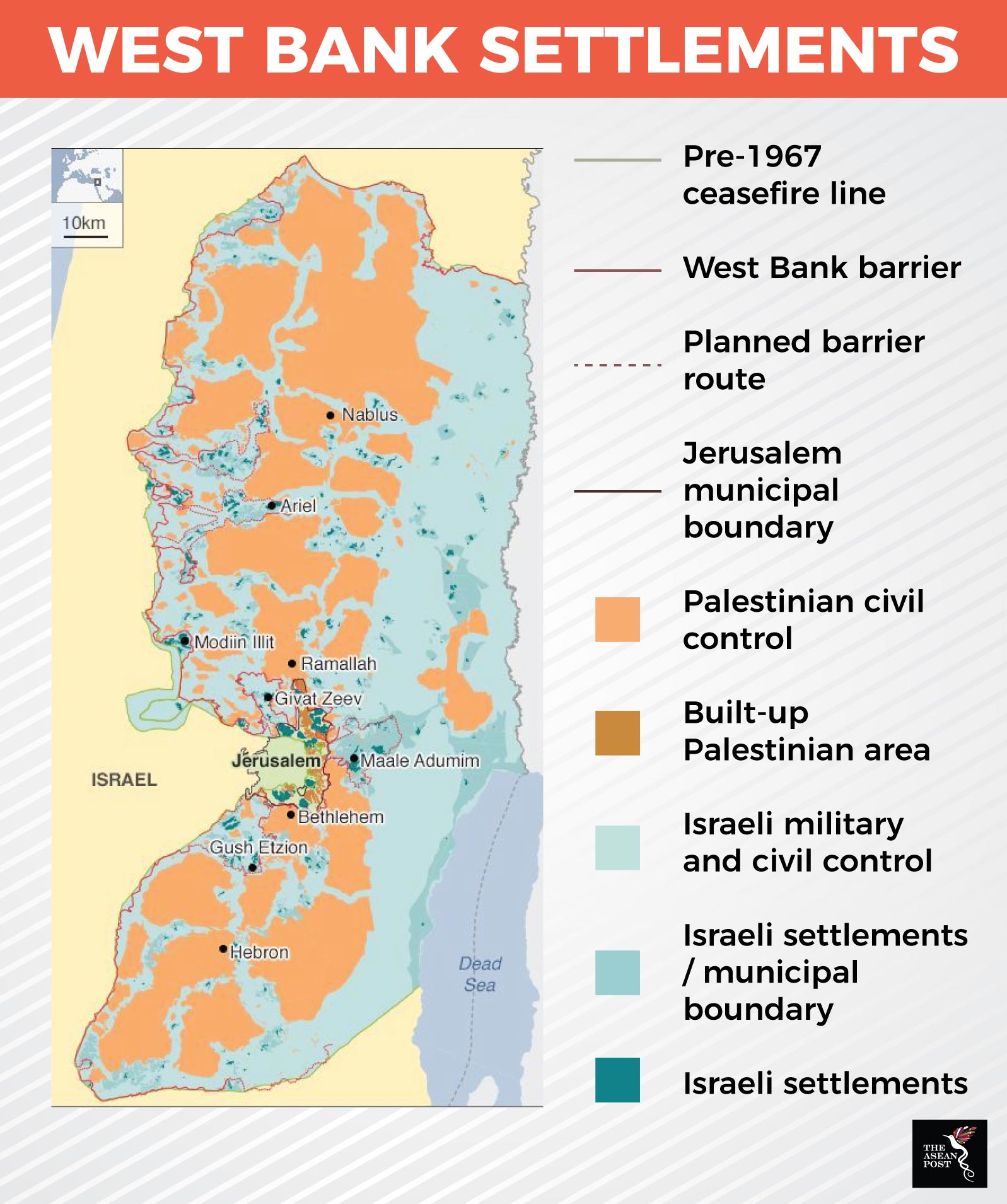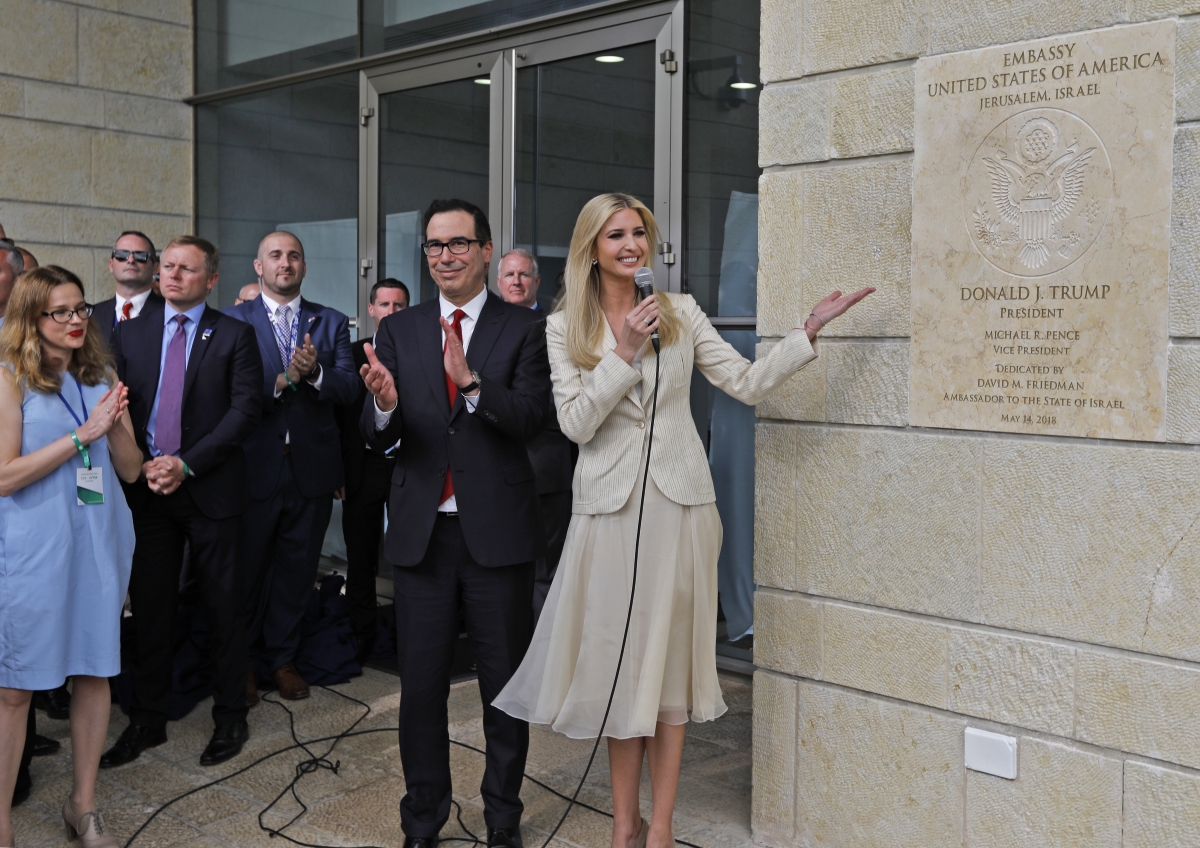As Muslims around the globe usher in the holy month of Ramadan, an all-too familiar narrative rears its head once again. The plight of displaced Palestinians in the West Bank, has seen so much exposure from the international media that there is a risk of desensitisation to the humanitarian crisis that is unfolding.
Most recently, at least 60 Palestinians were killed by the Israeli military during non-violent protests carried out along the Gaza border following United States (US) President Donald Trump’s decision to relocate the US Embassy from Tel Aviv to Jerusalem on 14 May 2018.
For many Palestinians, as well as other Islamic states in the international community, such a move is seen as provocation, as it coincides with the start of Ramadan. The move also comes right before Nakba Day, or the Day of Catastrophe, when Palestinians commemorate lands they either fled or were evicted from after the establishment of the state of Israel.
Context And Controversy
During the first Arab-Israeli conflict in 1948, Israel captured Arab land beyond the UN-mandated partition plan of 1947. The 1949 Armistice Line (also known as the Green Line), largely established the international boundaries which geopolitically separate Palestine and Israel. These lines were redrawn after the bloodshed that ensued following the 1967 Arab-Israeli War, with Gaza, the West Bank, and East Jerusalem placed under Palestinian administration. From then on, the Palestinians have historically recognised East Jerusalem as their capital.

Source: B'Tselem
More recently, Southeast Asian leaders reacted strongly against Trump’s December 2017 decision to reverse decades-old American policy by recognising Jerusalem as the capital of Israel.
Other countries that have plans to move their embassies to Jerusalem include Paraguay and Romania, with Guatemala already following the US in making the transition.
Regional Perspectives
Among ASEAN nations, Indonesia has historically been a vocal advocate of a two-state solution for the Middle East conflict, envisioning an independent Palestinian state with East Jerusalem as its capital.
Late last year, leaders of Nahdlatul Ulama, deemed to be the largest Islamic movement in the world, expressed their apprehensions towards President Trump’s decision to relocate the US embassy to Jerusalem as well.
“This attitude will lead to more heated situations around the world and endless conflicts,” a statement from the group read.
Malaysia’s Foreign Ministry also weighed in on the issue, pointing out that any effort to recognise Jerusalem as the capital of Israel would be considered aggression towards the Arab and Islamic world, and a detestable transgression on the rights of not only Muslims, but Christians who identify as Palestinian.
“It is also an infringement on the Palestinian people’s national rights, including their right to self-determination and a grave breach of international law along with the Security Council’s relevant resolutions,” it said in a statement.
Indonesia and Malaysia are the two largest Muslim-majority nations in Southeast Asia, accounting for their strong stances on the issue. However, the ongoing crisis must be examined in terms of its implications for human rights, transcending issues of race and religion.
Indonesian President Joko Widodo condemned the move, urging the US to reconsider its decision.
“Such a unilateral recognition violates various resolutions of the (United Nations) Security Council and the UN General Assembly, which America is a permanent member of,” he explained in a December 2017 statement.
Singapore’s Ministry of Foreign Affairs (MFA) said the future status of Jerusalem ought to be decided by means of direct negotiations between Israel and the Palestinians, as it reaffirms the Republic’s long held and consistent support for a two-state solution.
The effects of the Palestinian-Israeli conflict on Southeast Asia are subtle, but there are underlying implications to the region if the matter is not resolved. The primary concern here is the possibility of Southeast Asians turning to armed insurgency in support of the Palestinian cause. Such a situation could possibly trigger sympathetic actions against what are deemed to be pro-Israel businesses and institutions or even tourist destinations popular among expatriates as was the case with the bombings in Bali. Carried out in the name of jihad (holy war), these actions could have potentially destabilising effects across ASEAN.
